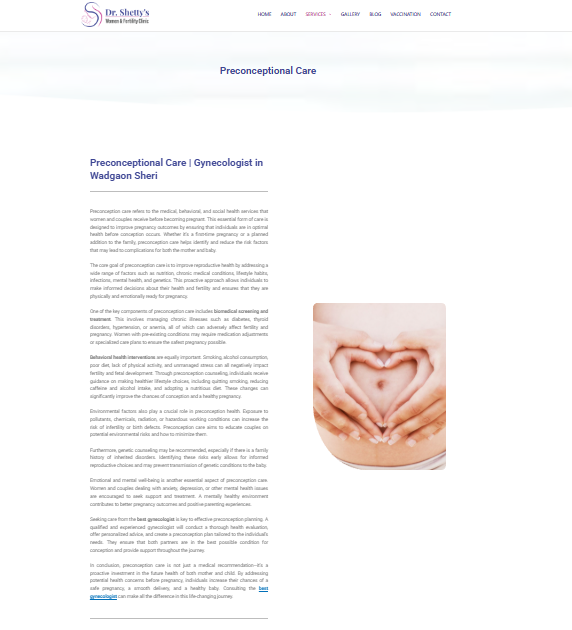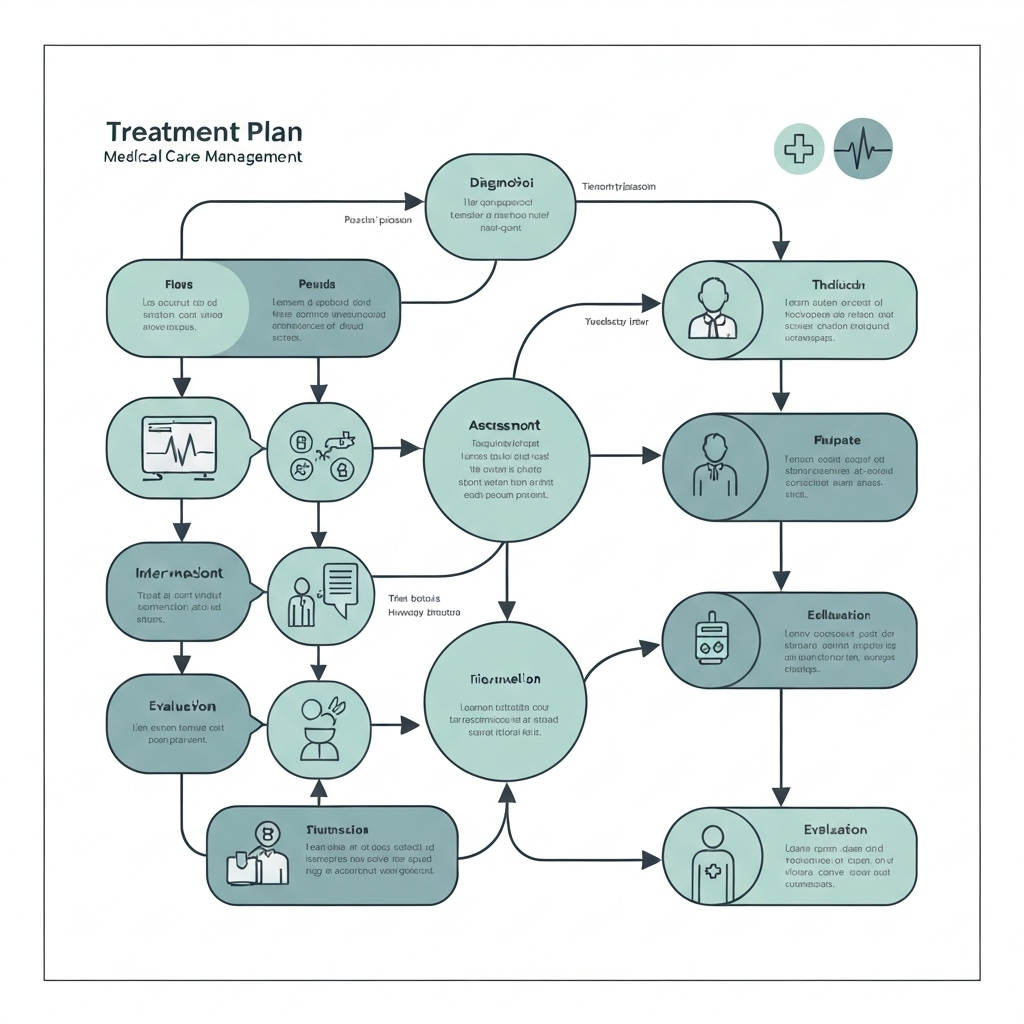Pelvic Infections
Expert care and guidance from Dr. Meenal Warade, your trusted gynecologist.

About Pelvic Infections
Pelvic infections refer to infections affecting the female reproductive organs, including the uterus, fallopian tubes, ovaries, and surrounding pelvic structures. The most common type is pelvic inflammatory disease (PID), which can have serious consequences if left untreated, including chronic pelvic pain, infertility, and ectopic pregnancy.
These infections can be acute or chronic and may result from sexually transmitted infections, bacterial overgrowth, or complications from medical procedures. Early recognition and prompt treatment are crucial for preventing long-term complications and preserving reproductive health.

Expert Consultation
Personalized care with comprehensive evaluation and treatment planning.

Advanced Technology
State-of-the-art equipment for accurate diagnosis and effective treatment.
Common Causes & Risk Factors
Pelvic infections are most commonly caused by sexually transmitted bacteria such as chlamydia and gonorrhea. These infections can ascend from the vagina and cervix to the upper reproductive tract, causing inflammation and infection of the uterus, fallopian tubes, and ovaries.
Other causes include bacterial vaginosis, which can increase the risk of ascending infections, and complications from medical procedures such as IUD insertion, abortion, or childbirth. Normal vaginal bacteria can sometimes cause infections if they migrate to sterile areas of the reproductive tract.
Risk factors include multiple sexual partners, unprotected sex, previous history of STIs or PID, douching, and being sexually active at a young age. Having a new sexual partner or a partner with multiple partners also increases risk.

Lifestyle Factors
Understanding how daily habits and choices impact your health.

Genetic Factors
Family history and genetic predisposition considerations.
Prevention & Management
Prevention of pelvic infections primarily involves practicing safe sex and maintaining good reproductive health habits. Using barrier contraceptives like condoms significantly reduces the risk of sexually transmitted infections that can lead to PID.
Regular STI screening for sexually active women and their partners helps detect and treat infections before they can ascend to the upper reproductive tract. Limiting the number of sexual partners and ensuring partners are tested also reduces risk.
Avoiding douching, which can disrupt the natural vaginal flora and facilitate bacterial ascension, is important. Prompt treatment of vaginal infections and following proper hygiene practices help maintain reproductive health. Regular gynecological check-ups enable early detection and treatment of potential infections.

Regular Screening
Early detection through routine examinations and preventive care.

Treatment Planning
Customized treatment approaches tailored to individual needs.
Frequently Asked Questions
Ready to Get Started?
Schedule your consultation with Dr. Meenal Warade today for personalized care and expert guidance.